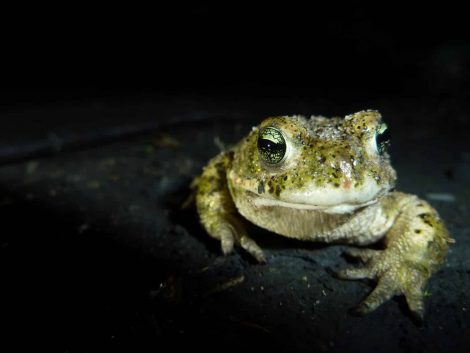On the occasion of World Endangered Species Day, Guillaume Lemoine, ECT’s biodiversity advisor, stresses the importance of preserving “ordinary” biodiversity, which is also under threat.
Are we suffering from environmental amnesia ?
In 1962, Rachel Carson’s famous book Silent Spring was published. It alerted the general public and elected representatives in North America and Europe to the devastating effects of DDT, which depleted wide bird populations through poisoning and impaired reproduction. DDT was subsequently banned.
The climate crisis, which is just as serious, is overshadowing the collapse of biodiversity, even though healthy ecosystems and soils would make our regions more resilient.
The situation today is far worse than it was in the 1960s
With the help of reinforcement or monitoring programs, a few major and celebrated species are surviving or being re-established. And that’s important. These include peregrine falcons, Eurasian griffon vultures, cinereous vultures and bearded vultures, and white and black storks.
But in the meantime, the majority of species – birds, amphibians, chiropterans and invertebrates – are disappearing. We’re not changing our ways quickly enough, or at all. The countryside, towns and gardens are becoming silent. Even house sparrows are becoming rare. Who remembers the swarms of insects that filled our parents’ radiator grills and having to clean windscreens and headlights in fuel stations?
Spring is genuinely silent now, and the world is deaf to the warnings of ecologists. And yet, as well as protecting heritage species, we also need to remember “ordinary” species, before the most common species become rare and endangered.
Protecting ordinary biodiversity
This “ordinary” biodiversity needs to be protected and “soil” and “water” resources preserved, through relatively straightforward and often effective steps:
- Introducing ground cover to prevent the erosion of embankments
- Combating invasive exotic species
- Planting rural hedgerows, woods and orchards
- Sowing flower meadows and also creating thin lawns
- Creating wintering sites for bats and habitats for wild pollinators.
In tandem with other initiatives and actors, ECT has made a modest commitment to nature with the French Biodiversity Agency (OFB) and the association Humanité et Biodiversité.

